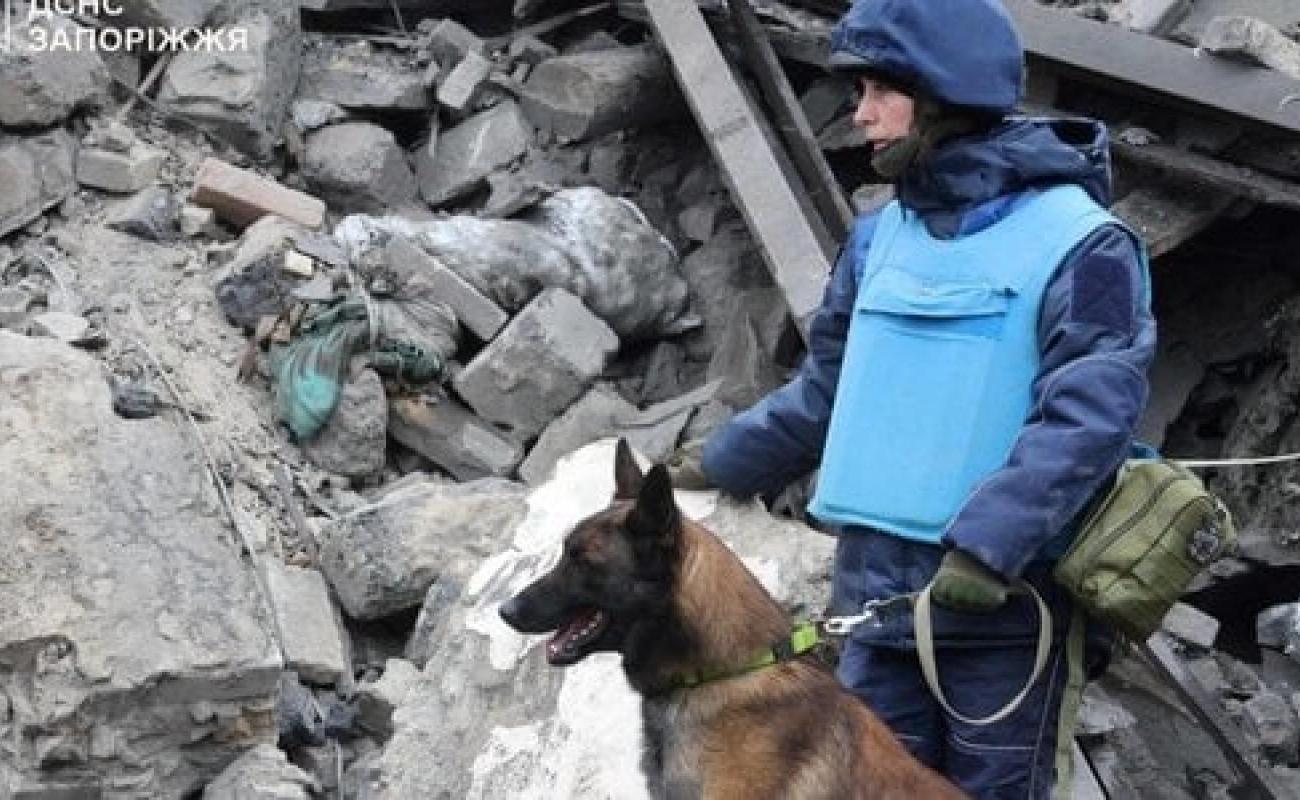Accounting for missing persons must be a priority in any future peace negotiations — opinion

On today’s grim anniversary – and against a backdrop of frenzied diplomatic activity – it is important to maintain focus on securing truth and justice for Ukrainian citizens, including the families of those who have gone missing as a result of the Russian invasion.
This issue must remain a priority in present circumstances – and it must be treated as a priority when negotiations are opened between Ukraine and the Russian Federation.
Conservative estimates put the number of those who have gone missing as a result of the invasion at around 60,000. Some have been taken prisoner and are being held incommunicado; others have fallen in battle but their bodies have not yet been recovered (leaving families with the hope that they may still be alive). Civilians have gone missing on the front lines and as a result of the bombardment of Ukrainian towns and cities; others have disappeared in the mass population displacement inside and outside the country, and children have been abducted. Whatever the circumstances, each case is accompanied by trauma and suffering: tens of thousands of missing persons directly affects millions of relatives, neighbors, friends and workmates. This is a wound that has been inflicted on Ukrainian society; it will take years to heal, and recovery has to begin now.
In the face of enormous pressure to divert resources elsewhere, the Ukrainian Government has been consistent in its efforts to establish a missing persons process that is not only effective but is embedded in the rule of law. Remarkably, in the midst of a full-blown conflict it has established impartial institutions and investigative processes that can withstand legal scrutiny.
As part of this effort, Ukraine has made use of the resources placed at its disposal by international partners. The country had substantial forensic capacity already in place at the start of the conflict – DNA laboratories, for example – but nothing to match the number of missing persons cases that have arisen since 2014. This capacity deficit is now being addressed.
Where people go missing as a result of war crimes – the abuse of prisoners, for example, or the abduction of civilians in occupied territory – evidence must be collected in a manner that makes it possible to present this evidence in future criminal trials. Since the beginning of the conflict, Ukraine has been working to establish such a system so that two things can be achieved. The first is that missing persons can be located and identified. The second is that perpetrators involved in missing persons cases will eventually be brought to justice.
In April 2022, the authorities asked the International Commission on Missing Persons (ICMP) to expand the assistance it was already providing to help Ukraine develop an effective missing persons program. ICMP immediately launched a series of initiatives to support forensic investigations, laboratory operations, and data collection, and to help CSOs and families of the missing participate effectively in the process.
By helping to develop a system that supports proper chain of evidence in missing persons investigations, including high-throughput DNA-based identifications, ICMP is helping to improve the investigative capabilities of the forensic bureaus throughout the country, and particularly those closest to the front lines, which receive a high proportion of unidentified human remains. The objective is to account for missing persons today and secure justice. When this issue is considered in the context of peace negotiations, it will be possible to present documentary and statistical evidence of missing persons cases and related war crimes.
Accounting for those who have gone missing is difficult and often painful work but it is absolutely necessary – and ICMP’s experience in other parts of the world shows that it can be carried out effectively. Large numbers of people can be found, and perpetrators of war crimes can be prosecuted.
ICMP and other organizations are working with the Ukrainian government, with Ukrainian police, judicial and forensic experts, and with Ukrainian families of the missing and civil society, to implement a comprehensive and effective missing persons program that will give families of the missing access to truth and justice and that will uphold the rule of law. This, in turn, will have a direct and positive impact on negotiating a just peace.
